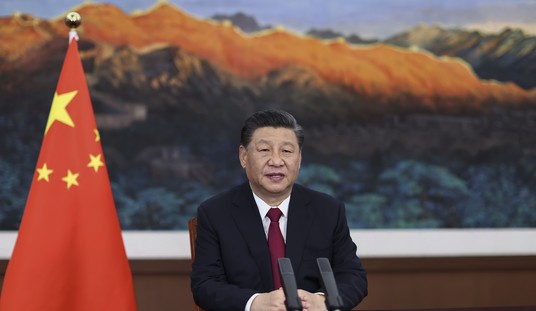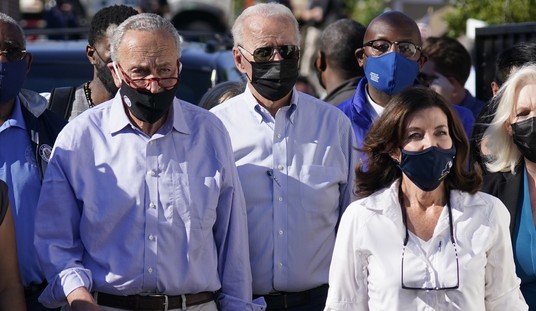On Monday, Canada’s Environment Minister Peter Kent announced that his country would exercise its legal option to end its participation in the Kyoto Protocols. The Protocols were a United Nations initiative, adopted in 1997 with a goal of rolling carbon dioxide emissions back to 1990 levels in an effort to stop Global Warming. Failure to meet those goals would incur stiff monetary penalties.
Canada will not meet its 2012 goal, so as a treaty member it would incur penalties of $14 billion in 2012, or $1,600 for every Canadian family. Kent characterized Kyoto as an “impediment”, citing the absence of the world’s two largest carbon-emitting countries, China and the U.S., from its membership.
(The United States never ratified the Kyoto Protocols. China was exempt from the penalties. China’s carbon emissions are now highest in the world, eclipsing U.S. emissions by nearly 50% in 2008.)
Canada Withdraws From Kyoto Protocol
(NYT link may require subscription/registration.)
“To meet the targets under Kyoto for 2012 would be the equivalent of either removing every car, truck, ATV, tractor, ambulance, police car and vehicle of every kind from Canadian roads or closing down the entire farming and agriculture sector and cutting heat to every home, office, hospital, factory and building in Canada,” Kent said. [Emphasis added.]
To quote Lloyd in Dumb and Dumber, “So you’re saying there’s a chance!”
[Prime Minister Stephen] Harper’s Conservative government is reluctant to hurt Canada’s booming oil sands sector, which is the country’s fastest growing source of greenhouse gases and a reason it has reneged on its Kyoto commitments.
Canada has the world’s third-largest oil reserves, more than 170 billion barrels. Daily production of 1.5 million barrels from the oil sands is expected to increase to 3.7 million in 2025. Only Saudi Arabia and Venezuela have more reserves. But critics say the enormous amount of energy and water needed in the extraction process increases greenhouse gas emissions.
Kent said Canada produces “barely 2 percent” of global emissions and said the previous Liberal government signed onto Kyoto in 1997 without any intention of meeting its targets.
But Canada’s population of 35 million is just 0.5% of global population, which makes them carbon hogs almost on a par with their neighbors in the U.S.
But wait; there’s still hope for the polar bears:
Kent’s announcement comes a day after marathon climate talks wrapped up in the South African port city of Durban.
Negotiators from nearly 200 countries agreed on a deal that sets the world on a path to sign a new climate treaty by 2015 to replace the first Kyoto Protocol, which expires at the end of next year.
Check out the coverage at wattsupwiththat.com.
Cross-posted at my blog.













Join the conversation as a VIP Member